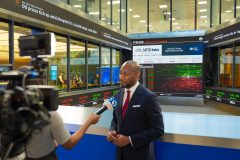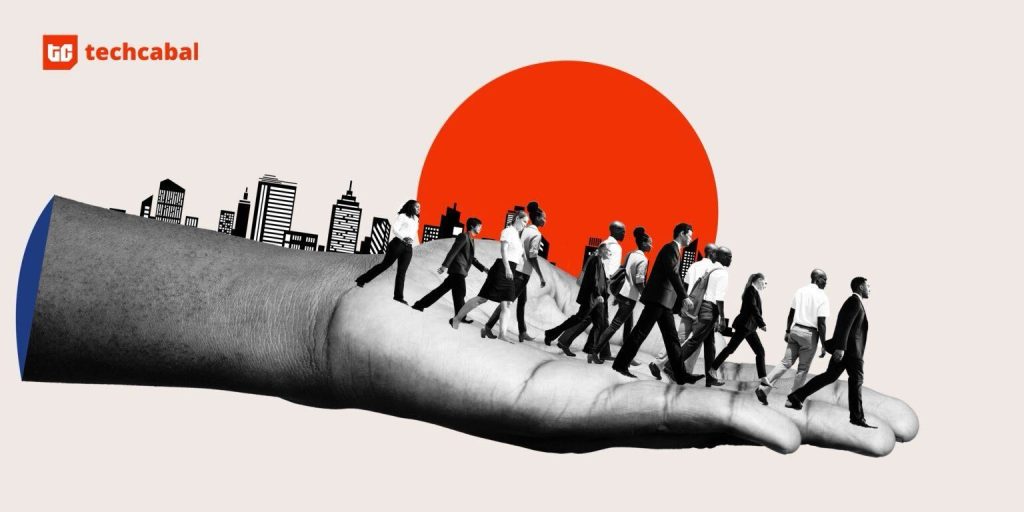Africa-focused venture capitalists expect that the US Federal Reserve’s decision to cut interest rates could improve the inflow of foreign capital on the continent. The Federal Reserve cut the key rate by 50 basis points—the first cut in four years—higher than the 25 basis points predicted by several analysts.
From 2020 to 2022, a zero-interest rate policy pushed investors to seek higher returns in more asset classes and markets.
“Africa is always seen as an alternative to when the market isn’t great in the US. People don’t invest in Africa because they want to invest in Africa but because it’s just a better option for them with regard to what’s available to them and their original markets,” Haile Amegashie, an Africa-focused investor, told TechCabal.
As interest rates rose in 2023, investors retreated, leading to a significant drop in funding and growth-stage deals across Africa. Only four Series B rounds were completed in the first half of 2024, reflecting the sharp decline in capital flow.
This year’s rate cut comes as African venture capital firms are actively raising funds and could make U.S. fund managers more open to investing in Africa once again, two investors said.
“I think [the rate cut] has a long-term effect to increase the sentiment of US investors or foreign investors to look at (the) African market. But I think it would take time; maybe we will see an actual positive sign six months from now,” a partner at an African growth stage firm who asked not to be named told TechCabal.
In H1 2024, African startups raised $779.7 million, the lowest amount since 2020. This funding dip has led startups to shift focus from growth at all costs to a pursuit of positive unit economics. Cost-cutting measures, including layoffs, have become more common.
Lower U.S. interest rates also lead to a weaker dollar, which might bode well for African startups seeking to raise debt funding, investors shared. Debt funding was the highest source of funding for African startups in the first half of the year.
“[The low rates] will also make it more feasible for African companies to borrow, again, from US lenders, which used to happen a lot, but after 2022, in my understanding, it has shrunk quite a bit because it became almost suicidal for African companies, or companies operating in weak currency economies to take any US debt because the cost to payback was just impossible,” the partner, who asked not to be named, said.
African currencies must remain stable for the benefits of a weaker dollar and low interest rates to be felt. Many African currencies have recently experienced devaluation, and if this trend persists, it could diminish the positive impact of the U.S. interest rate cut on the continent.
The rate cut could also boost investment in smaller, less congested markets as investors seek better returns. A broader approach to investing will spur development across the continent and benefit Africa’s tech ecosystem.




















